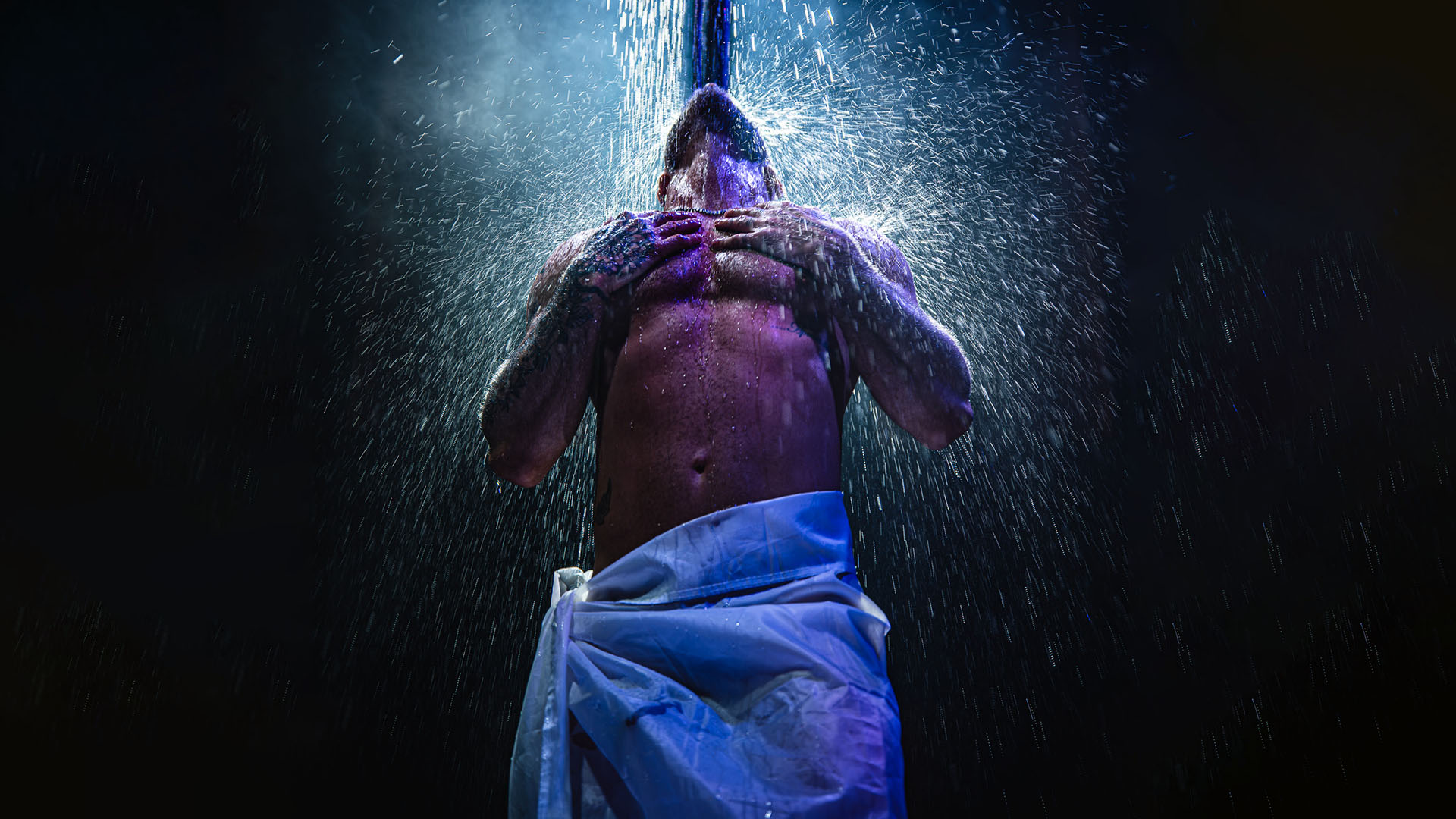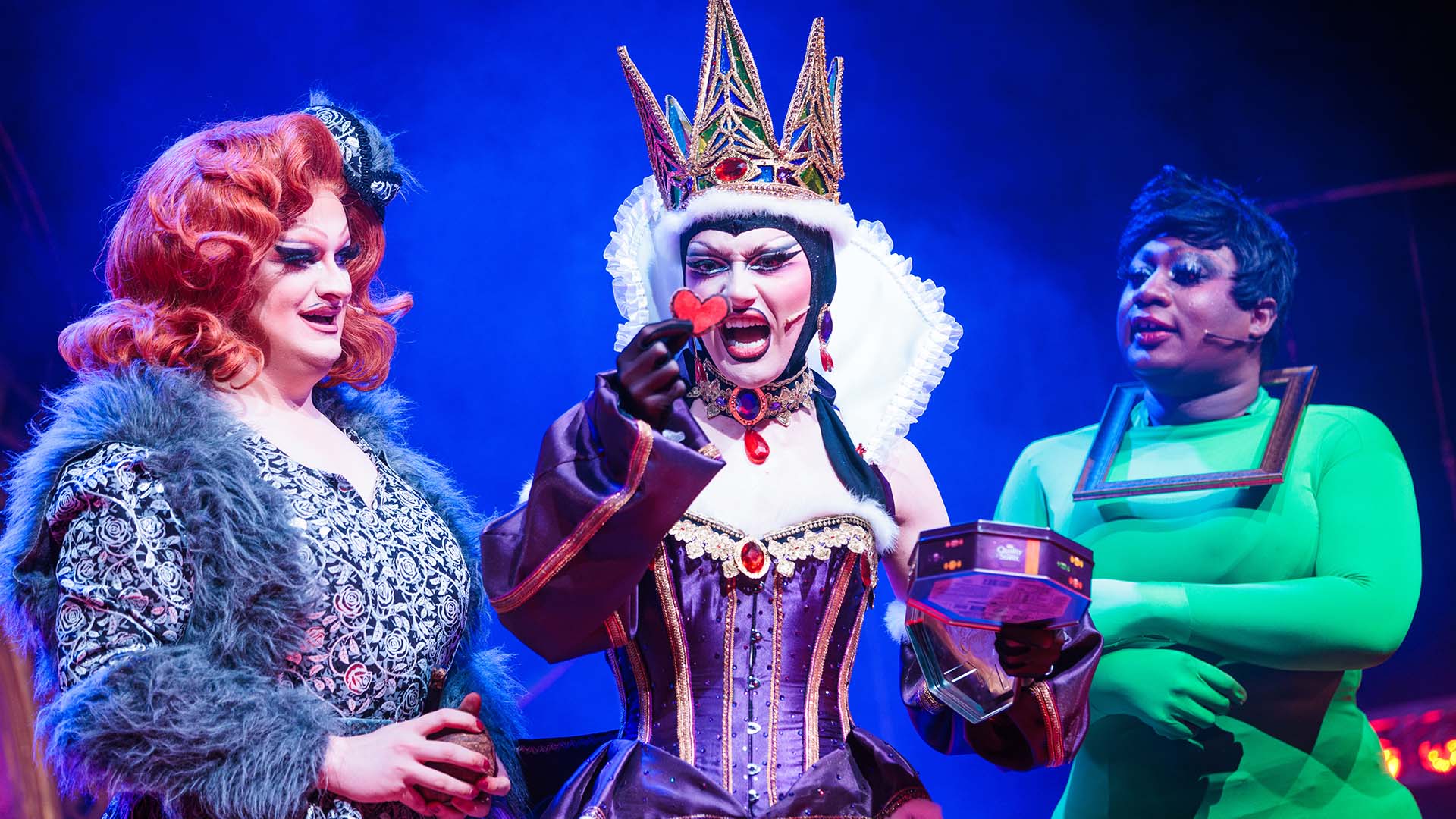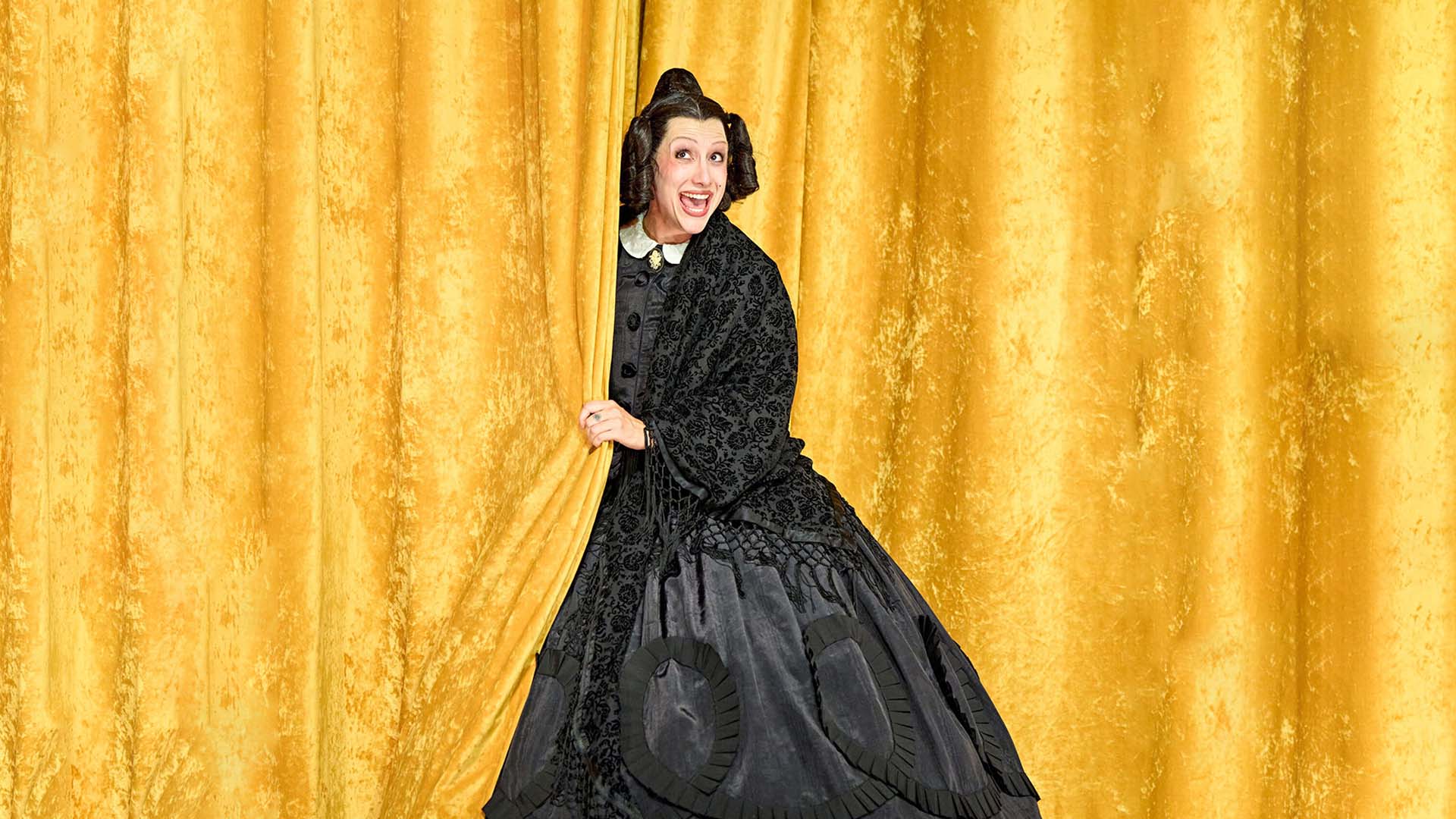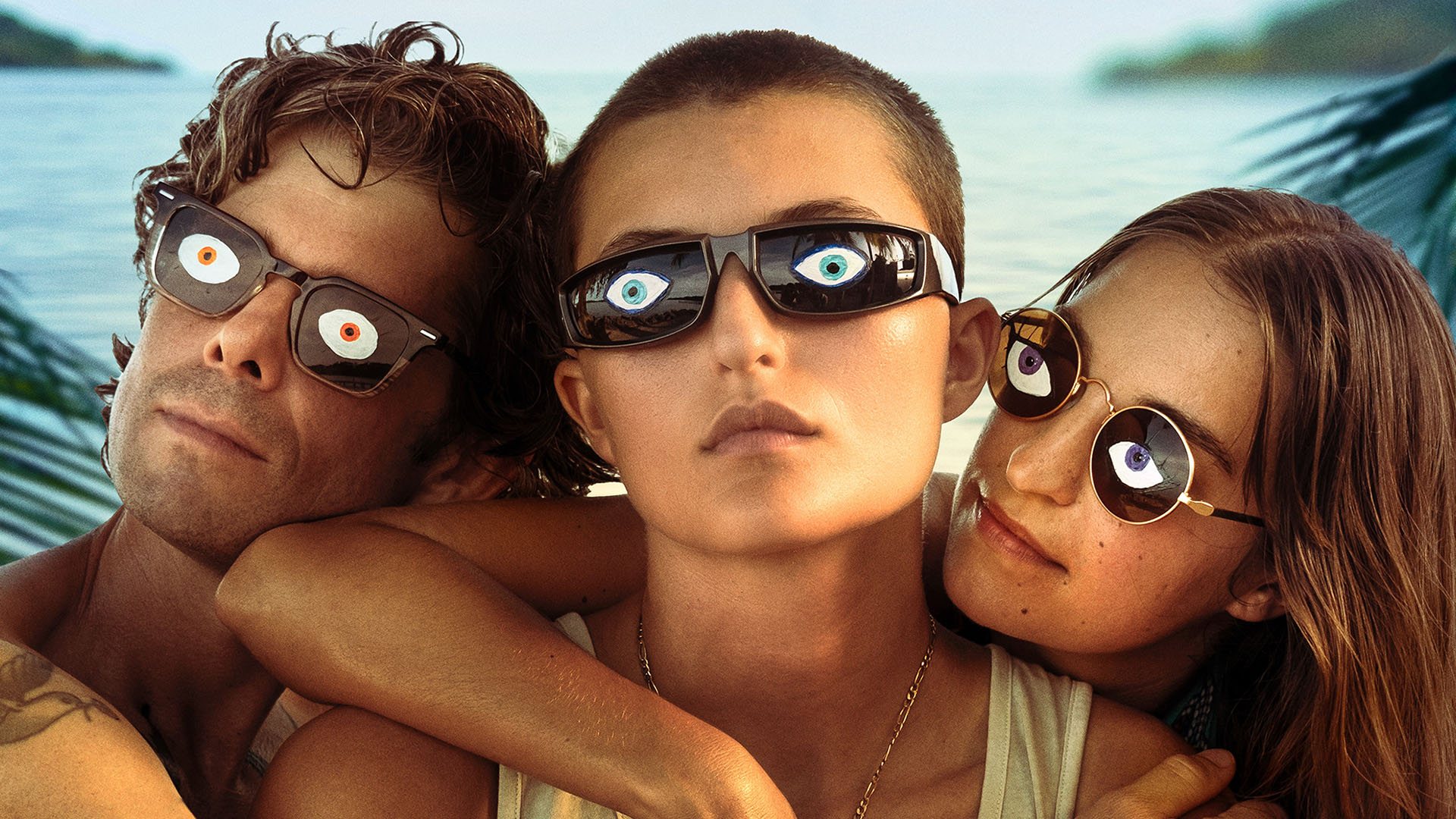When the Lights Go Out: What the Closure of Queer Venues Really Means
Queer nightlife may be under threat, but new venues, roving parties, and sober events show that London’s LGBTQ+ scene is evolving, resisting, and refusing to disappear.
When the Lights Go Out: What the Closure of Queer Venues Really Means

The Shockwave of a Closing Door
There is a particular kind of heartbreak when a queer venue closes. You feel it in your gut. That sudden knot when you see the farewell post on Instagram, scroll through memories, and realise there will be no new ones.
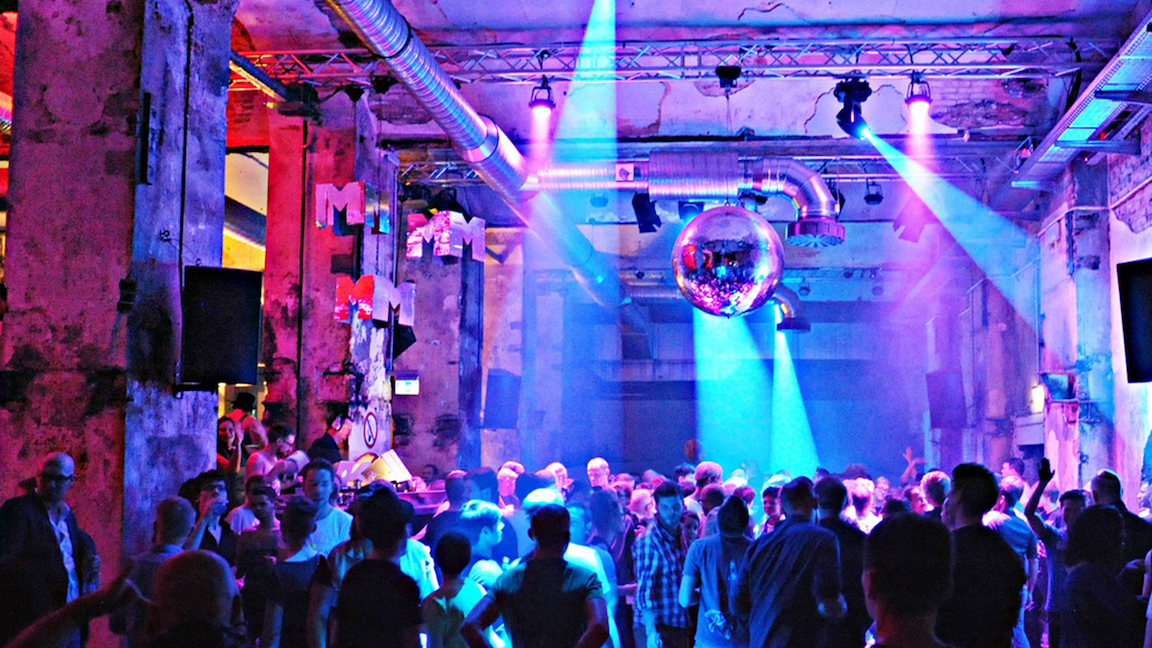
This month, Schwuz, one of the most iconic clubs in the Berlin gay scene, announced its closure. For decades, it had been a neon-lit warehouse of chaos, community, and catharsis. Schwuz was never just a nightclub. It was a sanctuary, a cultural touchstone, a place where queer life pulsed unapologetically in the open.
Now it is gone.
For Berlin, the loss is monumental. For those of us in London, it is achingly familiar. In the past decade, London has lost over 50% of its LGBTQ+ venues. The Black Cap, XXL, The Joiners Arms, Madame JoJo’s, all gone. These were more than bars. They were lifelines for the outsiders, the curious, the closeted, and the defiant. When they disappear, something far deeper dies with them.
Why Queer Spaces Matter Beyond the Dancefloor
To outsiders, mourning the closure of a gay bar might seem like nostalgia for a party scene. But for queer communities, these venues are not simply leisure spots. They are survival spaces.
They are where self-expression is not just permitted but celebrated. They are where you exhale after holding your breath all week. They are where chosen families form, where drag becomes political theatre, and where generations collide in solidarity.
For many LGBTQ+ people, especially those who grew up in hostile environments, queer venues offer the milestones mainstream culture denied us. The first slow dance without fear. The first kiss in public. The first time being held by someone who truly understands. They are not luxuries. They are essential cultural infrastructure for the queer lifestyle.
The Digital World Is Not Enough
Dating apps, Instagram, TikTok, virtual Pride parades — the digital queer universe is vast. But no online platform can replace the physical alchemy of being in the same room as your community.
A swipe on Grindr cannot replicate the rush of locking eyes with someone across the dancefloor. A livestreamed drag set cannot replace the moment you are read for filth in person by a queen who knows your name. Real-world queer spaces offer something the internet never will: presence. The thump of bass under your feet, the warmth of a stranger’s smile, the unspoken reassurance that you are not alone.
If queer life is to survive and thrive, it needs physical spaces to breathe.
Why Are LGBTQ+ Venues Disappearing?
The reasons are complex, but together they form a perfect storm.
Gentrification plays a central role. Queer communities have historically transformed overlooked neighbourhoods into vibrant cultural hubs, only to be priced out by developers chasing profit. Rising rents, noise complaints from new residents, and aggressive property redevelopment squeeze venues to breaking point.
The COVID-19 pandemic delivered another heavy blow, shuttering many spaces permanently. A lack of government support and a shift in how younger queer people socialise, often preferring private parties or online connections, compounds the problem.
Even a powerhouse like Schwuz, which survived relocations and political pressure, could not survive the economics. It was not the culture that killed it. It was the rent. The bitter irony is that queer culture often makes these areas desirable in the first place.
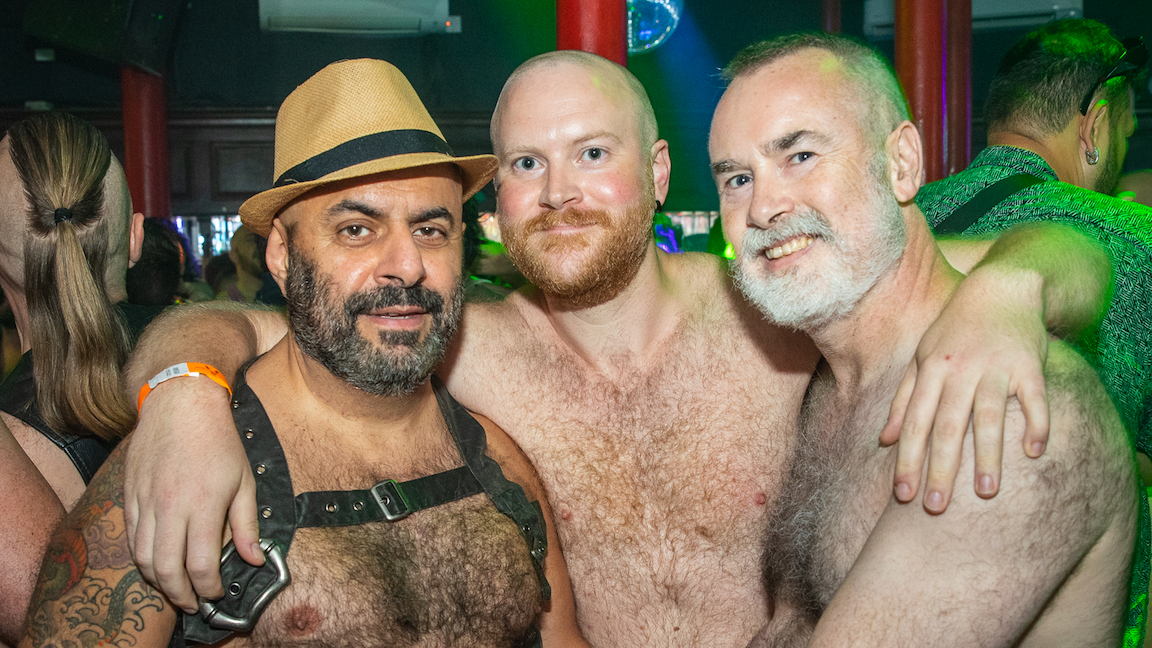
What We Lose When They Close
When a gay bar becomes a chain coffee shop or a block of overpriced flats, we lose more than a place to drink. We lose accessibility, visibility, and belonging.
Not everyone feels safe in straight spaces. Not everyone thrives on apps where rejection is instant and often brutal. Not everyone can afford the polished queer-friendly events in gentrified districts. Some of us still need the grime and glitter of the old-school venues, the spaces where you can arrive exactly as you are and know you will be welcome: trans, femme, older, disabled, Black, sober, neurodivergent.
These places are not just buildings. They are safety nets. And we are running out of them.
A Global Pattern of Erasure
This is bigger than Schwuz, bigger than Berlin. From London to New York, San Francisco to Amsterdam, queer spaces are disappearing at an alarming rate. The erasure is subtle and legal, driven by economics and cultural shifts. The result is the same everywhere: our physical presence in the urban landscape shrinks, and our culture is pushed further into the margins.
When we are isolated, we are easier to ignore. Easier to silence. Easier to target. The loss of queer venues is not simply a nightlife issue. It is a human rights issue.
What’s New in London’s Queer Nightlife
Still, in London, queer nightlife is far from gone. It is shifting, reshaping, and resisting in new forms.
New Openings:
- The Divine, Dalston — from the team behind The Glory
- The City of Quebec, Marylebone — reopened June 2025
- Coven, Hackney Wick — bar and arts space, opened June 2025
- Betty and Joan’s, Elephant Park — queer comedy bar, opened late 2024
- BOYS! BOYS! BOYS! Gallery Café, Warren Street — opened 2025
- Damsel Collective, Dalston — queer-led cabaret and performance venue

Roving Party Nights:
- Cocoa Butter Club — cabaret collective centring performers of colour
- Club Stamina — grassroots queer rave series
- Body Movements Festival — annual east London festival of queer club culture
- Lady Olé — queer Spanish dance party
- Red Eye — underground LGBTQ+ rave
- OUTHAUS — queer techno collective
- Push The Button — pop anthems reinvented
- Beefmince — bear and friends party at The Royal Vauxhall Tavern

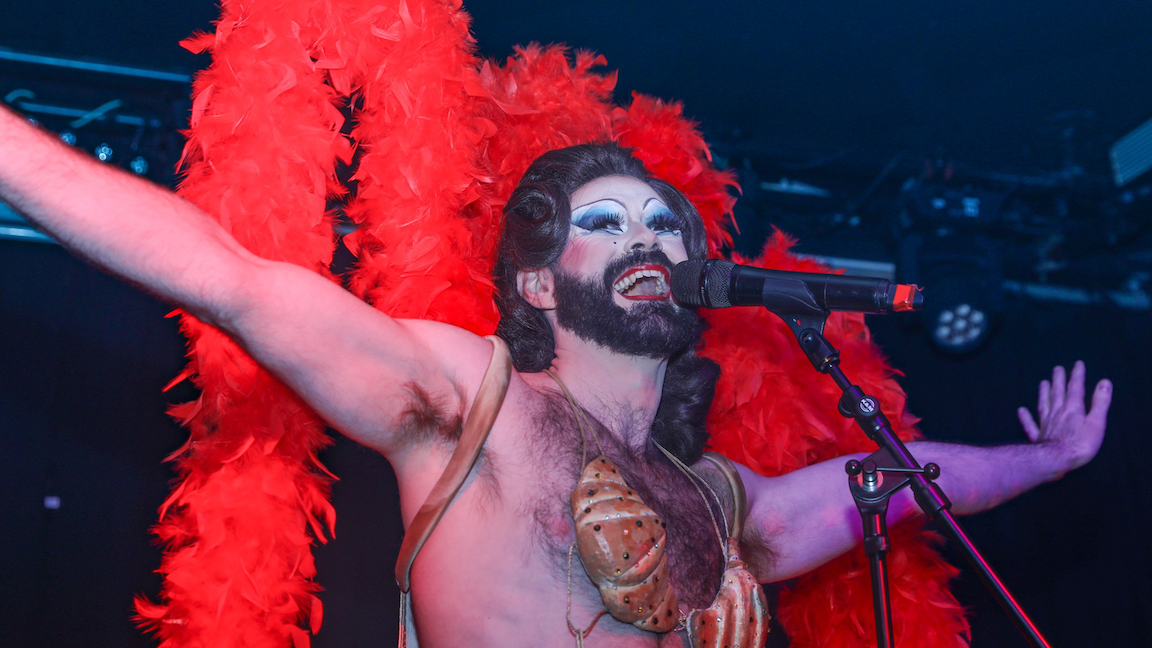
Sober & Alcohol-Free Events:
- House of Happiness — sober community dance party
- Queers Without Beers — alcohol-free social nights
- London LGBTQ+ Community Centre — regular sober meetups
- Sappho Events — Black queer women and non-binary socials
- Morning Gloryville — sober morning raves
- Pleasure Medicine & Ecstatic Dance — body-positive alcohol-free spaces
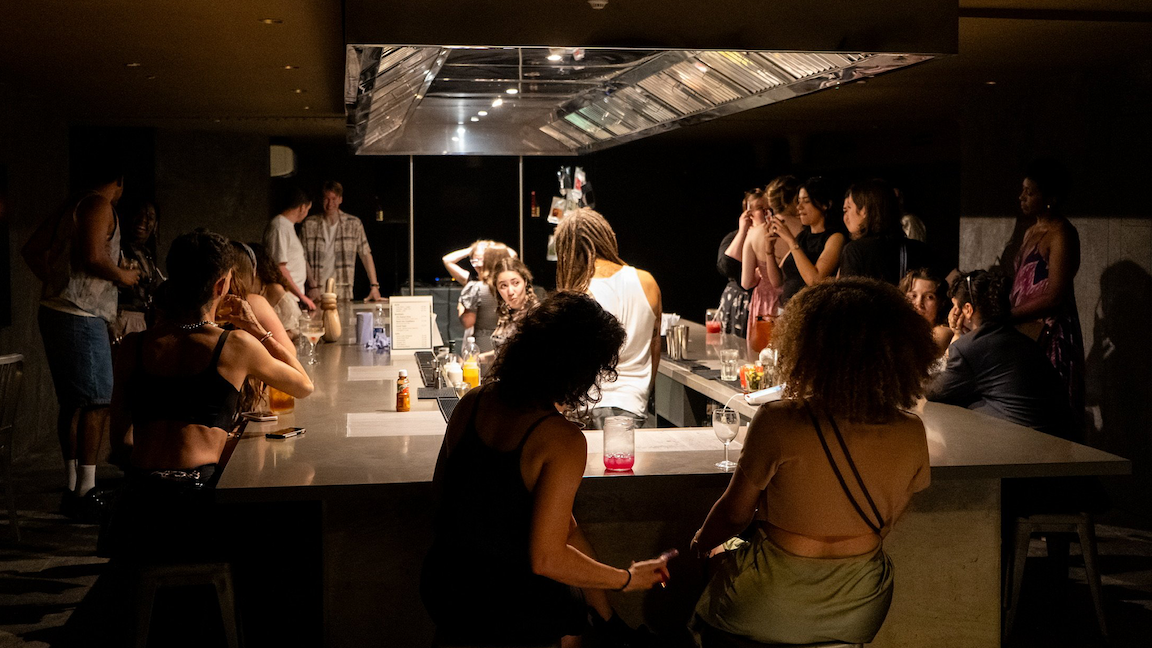
London’s queer nightlife may look different now, but it is still here.
How We Keep the Lights On
The solution is not complicated, but it requires commitment. Support your local queer venues, even on a Tuesday night. Share their events. Spend your money there. Contact councillors when spaces are under threat. Push for stronger protections and funding for LGBTQ+ nightlife.
And do not be afraid to create new spaces. Sober socials, queer-run cafés, book clubs, grassroots raves. A thriving queer culture cannot survive on the memory of what used to be.
This Is More Than a Party
Schwuz might be the latest casualty, but it will not be the last. If we keep treating queer spaces as optional, we will keep losing them. And when the lights go out, we will realise it was never about the party. It was about culture, connection, and defiance. It was about us, the right to live, love, cry, dance, and be seen.
Next time you walk into a gay bar or queer club, take a moment. Look around. This is not just a night out. This is history. This is resistance. This is everything.

Get weekly updates
.png)
Join Our Newsletter
Get a weekly selection of curated articles from our editorial team.




.svg)


